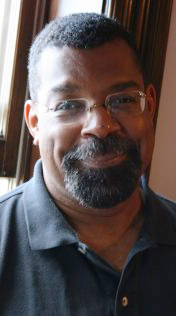Posts Tagged ‘guest artist’
starting conversation
Being an artist means being able to pull together the means for paying rent, and balancing the imperative which daily drives my writing.
For keeping my roof, I’m teaching. I have been fortunate enough to turn a love for opera, and a desire to share that enthusiasm, into working for the Washington National Opera Company, in their WNO/DC Public Schools program, as a guest artist in elementary schools, working with students to create a libretto to their own opera. This is my second year.
I teach in 5 schools across the District this year, and am steadfastly impressed at the weight of learning school teachers must impress upon their charges –an agenda, in my eyes, constantly under threat of derailment in the chaos, conflict, expectations, thirst for learning, and unquenchable energy of a 4th grade class room. And as I move through the various Wards of the District’s schools, engaging with inner city students with challenges that compound the already challenging task of education, I often find, in the eyes which take me in, the most blatant curiosity that I’m going to engage them in opera, as well as the blatant excitement, that a black man is talking to them about an art form full of unexpected dimension which can be loosened, and structured around their own imaginations, and at their own use.
In the various presentations that students come up with by the end of the project, there is no definition of roles by race; any child of any race can be any character, whether in a take on Shakespeare’s knight, in a variation of Verdi’s Falstaff (which is this year’s opera upon which students base their interpretations), or as a new character, as in last year’s remodeling of Bizet’s Carmen, where an all new Act VI brought Don Jose’s evil twin brother under the ghostly demand of vengeance by Carmen’s ghost..!
In every way, working with these students brings perspectives of their own family of origin experiences. Black, Asian, Hispanic, White –children are entirely aware of the world around them, and navigate it in ways familiar to me, and by routes which move beyond identifying color as access.
At this age, imagination is a sandbox where everyone can play. Which is something I find I work to preserve. And though I know I’m one of the oldest in the sandbox, I’d never considered myself an “elder” until I was asked to participate in a project one of my schools was involved in.
A teacher asked me if I’d be willing to have a group of 4th grade students speak with me; they needed to exercise the tools of “interviewing”, as the project was about “learning from our elders”. I was told they needed to get the history of someone [and this was the ingredient which was delicately inferred], over 50.
I am 53. And I have to admit I’d not actually stopped to consider my category of longevity. But I can now classify myself, officially, as an elder.
